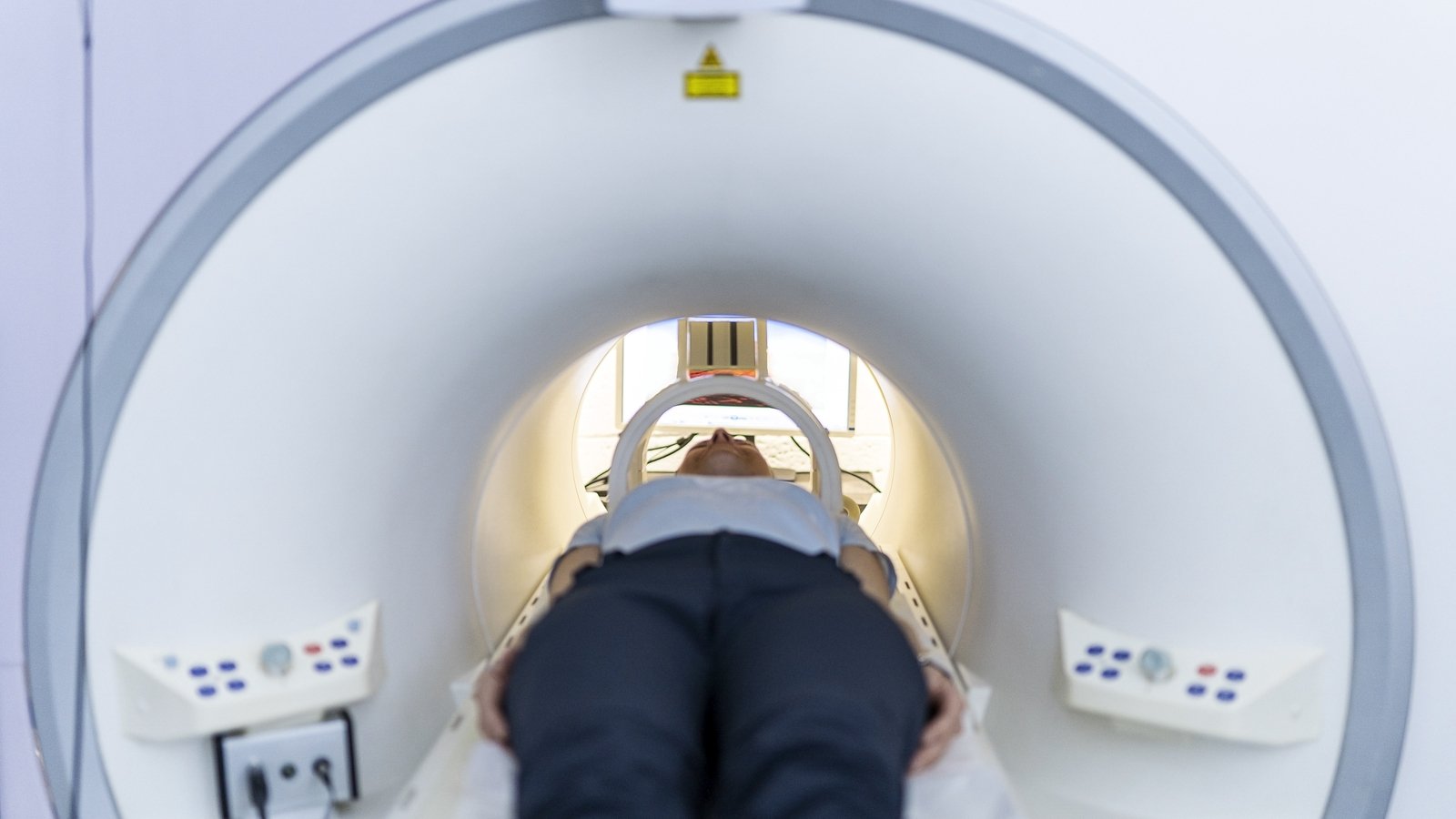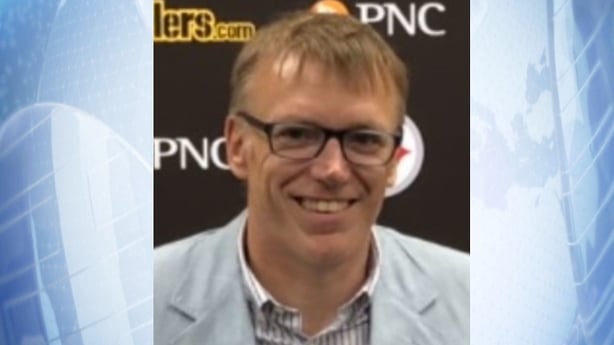World
Funding stream for vital scans almost used up for 2024

A funding stream used by consultants to process vital diagnostic scans – such as for patients who may have cancer – has almost run out for 2024.
As a result, some consultants are sending patients back to their GPs in a bid to beat the backlog for accessing urgent vital diagnostic scans, a leading family practitioner has said.
The demand for diagnostic scans like MRIs, X-rays, ultrasounds and CTs continues to grow with the waiting list now at 260,000.
With public resources under strain, consultants have been availing of the National Treatment Purchase Fund (NTPF) to request urgent scans done in private settings, but under the public health system.
Last year, the NTPF was used to perform 65,000 scans – and for 2024 funding for 70,000 was made available.
The €13 million allocated for these 70,000 scans in 2024 is an 8% increase on 2023.
However, just five months into 2024, hospitals were told the scheme has already been used 55,000 times and demand now far exceeds available funding.
As a result consultants say urgent scans – which show up conditions like cancer – will not be done urgently.
Professor Gabrielle Colleran is a consultant radiologist and vice-president of the Irish Hospital Consultants Association.
She explained: “If you have somebody that has a bad cough, weight loss, the General Practitioner might be concerned about them, then the NTPF is funding various clinics and pathways across respiratory medicine, gastroenterology.
“So the radiology consultant will look at it, they know there aren’t many urgent slots in the hospital, but they know that this patient is well enough to walk into another centre and get their MRI. They will note on it ‘urgent: needs to be done within one month, suitable for outsourcing’.”
Now, those NTPF vouchers used to book scans have almost run out for 2024.
According to Prof Colleran, some patients could be sent back to emergency departments as a result, in a bid to access quicker scans.
She said: “We only have 15,000 for the second seven months having used 55,000 so far. So that does, unfortunately, mean people potentially waiting longer.
“There’s also the risk of people needing to present to the emergency department in order to get access to care.
“I think that’s the scenario that all of us want to avoid, because that is not a good outcome for that patient and it’s not a good outcome for the staff and the emergency department, and it’s not a good use of hospital capacity – but where we don’t have adequate urgent outpatient access then unfortunately those are the kind of scenarios that evolve.”
As well as the possibility of being sent to an ED, some consultants are already trying to access the GPs’ route to getting scans done.

The GP Access to Community Diagnostics (GPACD) initiative allows GPs to order diagnostic scans in the private setting – paid for via the public purse – and means patients do not need a referral to a consultant so do not need to attend hospital.
In 2023, the GPACD scheme provided a total of 339,984 community diagnostic radiology scans including X-rays, CT scans, MRI scans and DEXA to patients referred directly by their GPs to contracted private providers.
Dr Tadhg Crowley, who is chair of the Irish Medical Organisation’s GP Committee, explained the scheme – allowing access private scans – was introduced to keep patients away from consultants and out of hospitals.
According to Dr Crowley, before the scheme was introduced “we had to refer to medical outpatients or medical assessment or in fact into casualty (ED). So the scheme was designed for scans and X-rays that would benefit GPs in keeping people out of hospital”.
He has concerns about the practice of some consultants sending patients back to GPs to access this scheme.

Dr Crowley said: “Our hospital colleagues are under huge pressure to try and get scans done and, with the number of scans that are being done in the hospital, we have noticed that there are probably more requests coming into General Practice to get scans done for patients.
“The scheme introduced in general practice, this wasn’t what it was for. I think for the overall good of the patient and for the overall good of the population, it’s bad medicine when that happens.”
The Irish Hospital Consultants Association (IHCA) has warned of the potential impact on patient outcomes from new restrictions on the issuing of vouchers for diagnostic scans by the NTPF.
Prof Colleran said: “Each one of those is a person with concerning clinical symptoms, who is waiting in limbo until they get the next piece of their treatment pathway, which is their scan to help guide whether they’re getting medication, surgery, whatever is next. Until that happens, that person is waiting.”
Neither the Department of Health or the Health Service Executive could give any insight into the reason for the significant increase in scans booked via the NTPF in 2024, compared to 2023.
In its response to RTE’s Morning Ireland, the Department of Health said: “In 2018, the Department of Health requested the NTPF to assist public hospitals in accessing extra diagnostic services to alleviate pressure on Emergency Departments by providing additional capacity for diagnostic scans, helping facilitate patient flow. The scheme supports public hospitals to alleviate pressure on emergency departments helping facilitate patient flow.”
The department said the scheme was “never intended to be used for diagnostic scans that should be performed as part of general hospital core activity.”
According to the statement: “The NTPF does not manage the national radiology waiting lists. The management of and responsibility for these waiting lists is a matter for the HSE. The NTPF has made the Health Service Executive aware that demand far exceeds the available funding.
“The NTPF, as with all public bodies, must operate an appropriate budgeting system within an agreed funding allocation as approved by its Board and sanctioned by the Department of Health and deliver the maximum level of activity within that funding allocation.
“Similarly, it is the responsibility of hospital management to manage and make the most effective and efficient use of its resources.”
In its response , the HSE said queries are best placed with the Department of Health.










